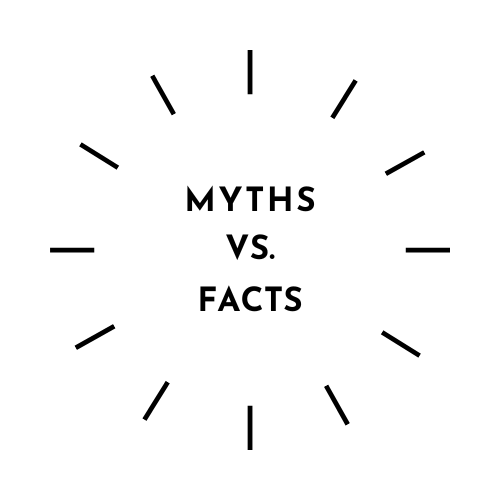
Diversity, equity and inclusion (hereafter referred to as DEI) are key elements in creating a fair and equal culture where everyone can work and feel valued and treated with respect, regardless of their race, ethnicity, gender, sexual orientation, age, disability or any other characteristic. The objective of DEI is to create a culture where individuals feel valued, supported, and empowered to walk in authenticity and have an equal opportunity to succeed and reach their full potential.
I believe DEI was born out of compassion and necessity. DEI first emerged in the mid 1960’s. However, in the last decade it has been brought into the spotlight. Employee turnover costs businesses over a trillion dollars a year (per Gallup).They estimate that the cost of replacing an individual employee is from one half to two times the employee’s annual salary.
Fifty two percent of those voluntarily exiting said their manager or organization could have done something about it. Even though I’ve been self-employed most of my life, out of the few places that I’ve worked, I’ve seen too many people who left jobs due to being undervalued, unappreciated, unwelcomed and unsupported to name a few. Many of them experienced microaggression from fellow employees while the management dismissed the actions. I have personally witnessed some leave expressing their intolerance and inability to continue to be a witness to it.
Surprisingly, in spite of the importance and growing recognition of DEI, there still exists many myths and misconceptions associated with DEI that need to be debunked in order to promote understanding and appreciation of the benefits of DEI. Listed below are some of the most common myths, along with the facts that dispel them:
Myth 1: Diversity only benefits minority groups
Fact: There is a misconception by some that DEI is the same as affirmative action. The main push back on affirmative action against people of color, when actually the biggest benefactor of affirmative action has been women. However, DEI benefits everyone. When people of diverse backgrounds come together they bring a variety of experiences, skills and perspectives that lead to better problem-solving and innovation. Diverse and inclusive workspaces also foster better appreciation and understanding of different cultures and ways of thinking that can lead to stronger and more harmonious relationships.
Myth 2: Affirmative action is reverse discrimination.
Fact: Affirmative is a set of policies implemented to address the effects of past discrimination and ensure equal opportunities for underrepresented groups. Affirmative action does not involve reverse discrimination. It’s goal is to offer equal opportunities for groups that have been historically disadvantaged, such as women and people of color.
Myth 3: DEI was implemented to be politically correct and not to the benefit of businesses.
Fact: Companies that make DEI a priority have more engaged employees, stronger relationships with customers, and a better reputation in the market. These companies also perform better financially.
According to LinkedIn, the impact a culture of DEI plays on your company goes far beyond simply making your team feel welcome. They experience higher engagement rates, which stem from employees having a job they care about and an employer who cares about making a difference. Secondly, they experience better retention rates. When employees feel welcomed, respected, and valued, they are more likely to stay within their role for a longer period of time. Thirdly, the company experiences enhanced revenue streams. When DEI is embraced, they often see big leaps in their revenue streams as well as profit margins. Companies with diverse leadership and executive teams often see their profits increase by up to 33%. Fourth, DEI also increases a company’s market appeal. Today’s job market is candidate driven. Multiple companies may be vying for a potential hire. Today’s job seekers prefer to work for socially responsible companies.
Empathy and understanding promote change. Having compassion for the underrepresented not only creates a better workplace, it creates a better society. By working together to make meaningful progress toward DEI initiatives and a more compassionate humanity, we can create a more inclusive and equitable world for everyone.



